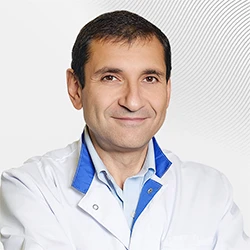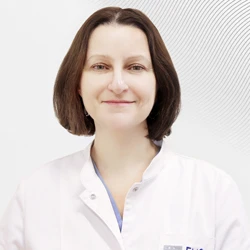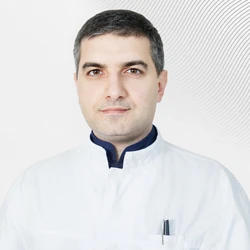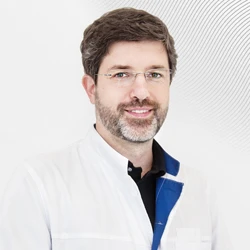Fertilization can be carried out using "standard ЭКО " or ICSI (in particular, ПИКСИ , IMSI and PIMSI). In standard IVF, eggs are placed in a special medium in a suspension of sperm cells and left in an incubator for several hours. In ICSI, the embryologist selects the sperm himself (assessing its motility and morphology) and inserts it into the egg. Since the egg is very small (about 1/10 mm) and extremely sensitive to external influences, the ICSI procedure requires very high qualifications. PIXIES, IMSI, and PIMSI differ from the "simple" ICSI in a more complex way of selecting sperm.
Next, the embryologist cultivates the embryos in special media, in special cultivation cups, in incubators with constantly controlled temperature, humidity and concentration of gases in the atmosphere. Cultivation takes place within 5-7 days with regular assessment of embryo development and periodic change of media and plates. At the end of cultivation, the embryologist, together with a reproductive specialist, transfers the embryos into the uterine cavity. If necessary, the embryologist performs an auxiliary hatching procedure before the transfer.Also, if necessary, the embryologist freezes embryos, eggs and spermatozoa.
A separate procedure can be performed PGD – preimplantation genetic diagnosis (checking the embryos for genetic abnormalities). To do this, the embryologist performs a biopsy of the embryos — removal of one to several cells from the embryo. This is — the most delicate embryological operation that not all embryologists can perform. The biopsy material is sent to a genetic laboratory for genetic analysis.
Thus, the embryologist:
- evaluates the quality of the obtained biomaterial: spermatozoa and eggs;
- performs fertilization in the laboratory;
- creates and controls optimal cultivation conditions;
- monitors that how embryos develop;
- performs assisted hatching;
- performs embryo biopsy;
- cryopreserves embryos, oocytes, and spermatozoa.
Was this information helpful?
Questions and answers
Total knee replacement
My mom suffers from gonarthrosis for the past three years. Despite treatment by injections the pain is still present. MRI revealed a meniscal tear in the posterior horn, the presence of small bony osteophytes on the patella, a small amount of fluid in the joint cavity (signs of exudative synovitis were detected)
joint space is asymmetrically narrowed in the medial segment. The pain is ongoing but the knee remains flexible. Tell me, please, whether the surgery is contraindicated for meniscal tear in case of arthrosis? Is it possible to do an arthroscopic surgery on the meniscus in our case or it should be «major» surgery? And what would you advice concerning knee replacement for the patient in the age of 57? What is the life time of the artificial joint?
...more It is necessary to make an X-ray of the knee in direct projection in standing position. If it turns out that there is no medial cartilage in the medial area, then the knee replacement is the only solution. The age of 57 is normal for the prosthetics. Modern artificial knee joint (when properly placed of course) will
serve for a lifetime. You can make an appointment via phone +7 (495) 933-66-44.
...more 
Kardanov Andrey
07 September 2016
Pain
I am 19 years old, professionally engaged in weightlifting. I did an arthroscopy of both knee joint a year ago, now feel pain in them and it prevents me from training at full capacity. I visited a traumatologist, and «osteoarthritis of 1 degree» was diagnosed. Could you advise me some medicines or anything else to
relief the pain? Thank you very much for the answer!
...more
First of all you should undergo an MRI and find out what was done at arthroscopy; if it’s really an arthrosis of 1 degree, hyaluronic acid injections are possible and physiotherapy is not required. Anyway, you are always welcome to consultation for thorough examination.
Question to Dr. Yakobashvili
Tell me, please, at which age child's hearing should be checked-up if we were informed at the hospital before discharge that one ear does not hear. At the moment the child’s age is 1.5 months. Thank you.
These tests done in the hospital are often false negative. Hearing can be tested now, it is necessary to make an appointment to the audiologist.
Cought
A child of 11 years old, suffers from cough for more than six months. The cough is dry, sometimes attack-like, mainly begins during the day, and often occurs before sleep. There is no cough at night. CBC is normal, glucose is 4.16, total IgE 111.80, Toxocara, Ascaride are negative, Cytomegalovirus, Mycoplasma are
negative, PPD test is negative as well. A chest x-ray is normal. We have already consulted with a therapist, otolaryngologist, pulmonologist, neurologist, gastroenterologist... the cough is still present. What should we do?
...more First of all, there are no results of whooping cough testing among the results provided above. The disease cannot be ruled out, even if your child was vaccinated. The blood test for antibodies against the whooping cough germ is required (blood test for class M and G antibodies against Bordetella pertussis). Second,
even a slight increase in class E antibodies is a reason to visit an allergist and to perform an evaluation of respiratory function with bronchodilator. This method will detect a latent bronchial spasm in your child. Even if the results of the test will be normal, allergologist mast rule out the allergic nature of the cough even if it's not obstructive syndrome. Third, this cough can be due to gastroesophageal reflux. It is difficult to draw any conclusions having no data of gastroenterologist’s consultation. 24-hour acidity monitoring of the stomach and esophagus is carried out to confirm or exclude the presence of reflux. Fourth, you didn’t mention whether x-ray of nasopharynx and paranasal sinuses was done. Perhaps, after all, the pathology is associated with ENT organs.
...more
How to stop dreaming?
Can you tell me if there are any medications that stop a person dreaming? I have been dreaming constantly for a long time, and the dreams are always vivid and emotionally charged. I wake up tired, not wanting to do anything, and I feel only lethargy and apathy. I live in another city.
We have all the tools for an accurate, comprehensive diagnosis, and medical treatment of such conditions, as well as psychosocial rehabilitation, which is critical for returning to an active lifestyle. The support program includes modern methods of diagnosis, regular professorial meetings, and comprehensive
psychological and neurocognitive support. Unfortunately, all the necessary diagnostic and therapeutic interventions can only be done with the patient being present at the Clinic. We are ready to welcome you to the EMC. Inpatient and outpatient psychiatry clinics operate within the multidisciplinary hospital, which creates the most comfortable conditions for patients.
...more 
Rivkina Natalya
09 November 2015
.webp)





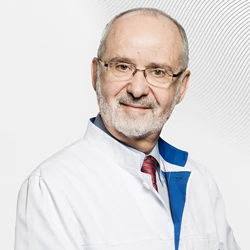
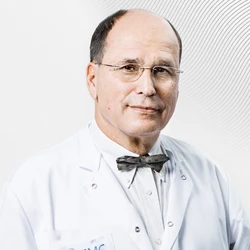
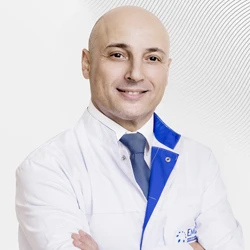
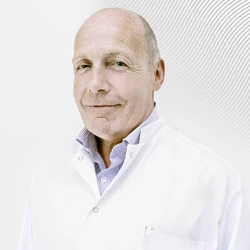
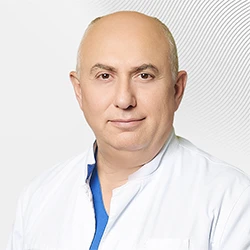
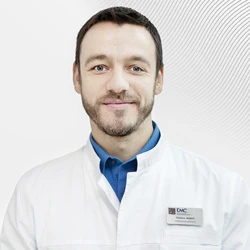
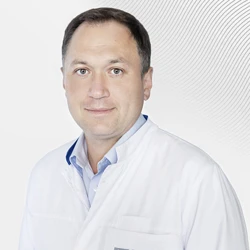
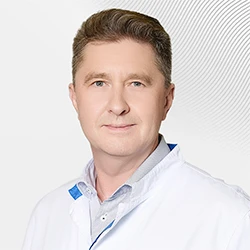

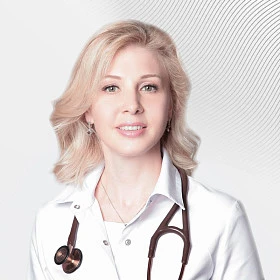
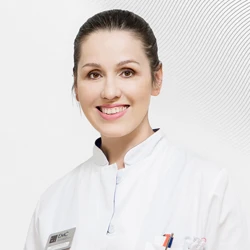
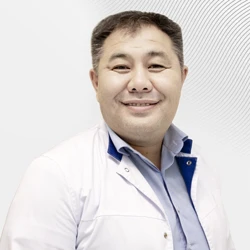
.webp)
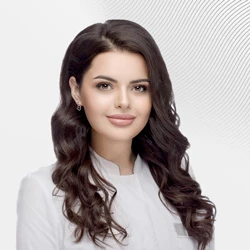
.webp)
